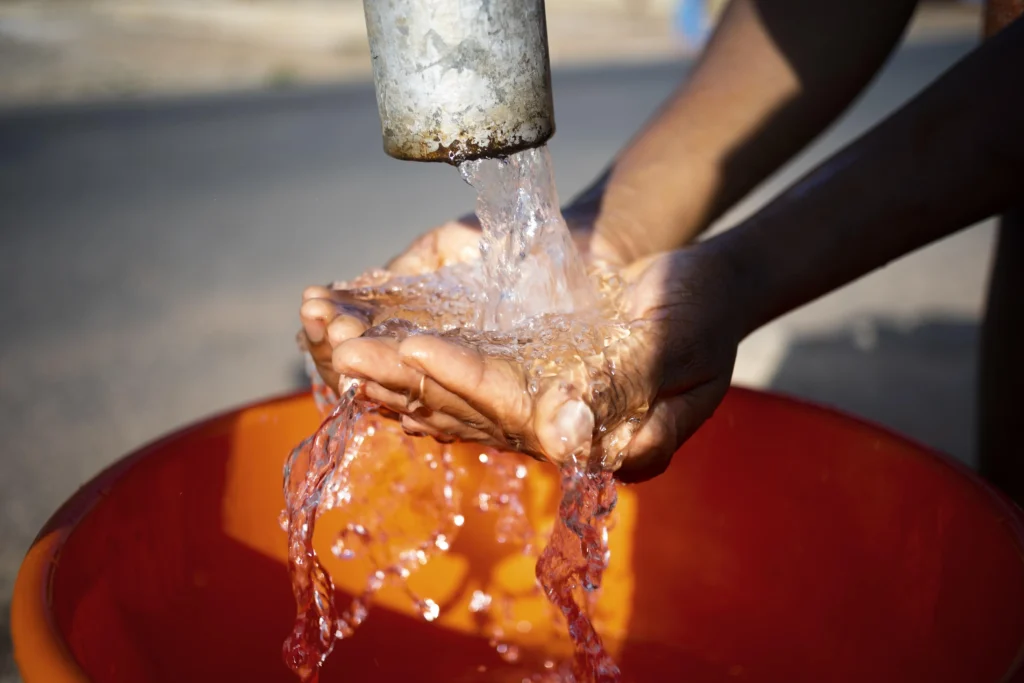As water scarcity grows worldwide, it’s essential for communities and industries alike to adopt sustainable water consumption practices. Ernakulam, a region known for its vibrant industrial and agricultural sectors, is especially poised to benefit from conservation strategies that align with sustainable water management. Here, we’ll explore effective methods for households, industries, and communities to practice sustainable water use and reduce water waste.
Water Conservation in Households
Incorporating water conservation in households is one of the most impactful ways to reduce overall consumption. Simple actions like fixing leaky faucets, using low-flow showerheads, and installing dual-flush toilets can significantly decrease household water use. Additionally, rainwater harvesting is a highly effective method for capturing water, which can be stored and used for gardening, cleaning, or even filtered for household consumption.
Sustainable Water Use in Agriculture and Landscaping
Agricultural and landscaping activities in Ernakulam often require substantial amounts of water. Sustainable irrigation practices, such as drip irrigation and using rain sensors, help farmers and landscapers reduce water consumption without compromising the quality of their crops or green spaces. These systems deliver water directly to the plant roots, minimizing water evaporation and runoff.
Industrial Water Consumption Practices
Industries in Ernakulam can adopt practices that reduce water consumption in manufacturing and processing. By implementing closed-loop water systems, industries can recycle and reuse water, cutting down on overall demand. Additionally, water-intensive industries can benefit from technologies such as wastewater treatment and zero-liquid discharge systems, which filter and purify water, allowing it to be reused within the facility.
Reducing Water Waste
Modern technology plays a vital role in reducing water waste. Smart meters, for instance, allow households and businesses to monitor their water consumption in real-time, helping them identify and address any inefficiencies or leaks. Automated irrigation systems and IoT devices can further help optimize water use by providing data-driven insights and allowing for precise adjustments based on actual needs.
Greywater and Blackwater Recycling
Greywater and blackwater recycling systems enable households and industries to treat used water for non-potable applications, such as irrigation and toilet flushing. The Greywater recycling, in particular, is effective in households as it involves reusing water from showers, washing machines, and sinks. Blackwater recycling, while more complex, can be highly beneficial in industrial contexts, where large volumes of wastewater are treated and reused.
Educating Communities on Water Use
Educating communities on water conservation and sustainable practices is crucial for long-term success. Public awareness campaigns, workshops, and partnerships with local schools and organizations can spread valuable knowledge on reducing water waste, identifying leaks, and making sustainable water choices. Empowering residents with the knowledge and tools to conserve water leads to a collective impact that benefits the entire community.
Governmental Regulations and Policies
Government policies play a pivotal role in encouraging sustainable water consumption practices. In Ernakulam, local regulations could support incentives for adopting rainwater harvesting systems, greywater recycling, and water-efficient appliances in residential and commercial buildings. By promoting these practices through legislation and incentives, governments can help reduce water waste and support a more sustainable future.
Sustainable Water Technology for the Future
Advances in sustainable water technology have introduced groundbreaking solutions, from desalination plants to atmospheric water generators. Ernakulam can benefit from investments in such technologies, especially in areas where water sources are limited. With sustainable water technology, it’s possible to create alternative water sources, enhance efficiency in water usage, and further decrease reliance on traditional freshwater sources.
Conclusion
Sustainable water consumption is a shared responsibility that requires collaboration across households, industries, and governments. Choosing a reliable tanker drinking water supplier in Ernakulam can further support the community’s efforts in managing water resources efficiently. By adopting these practices, the Ernakulam community can effectively reduce waste and set an example for sustainable water use. Together, we can work toward a future where water scarcity is minimized, and water resources are preserved for generations to come.

